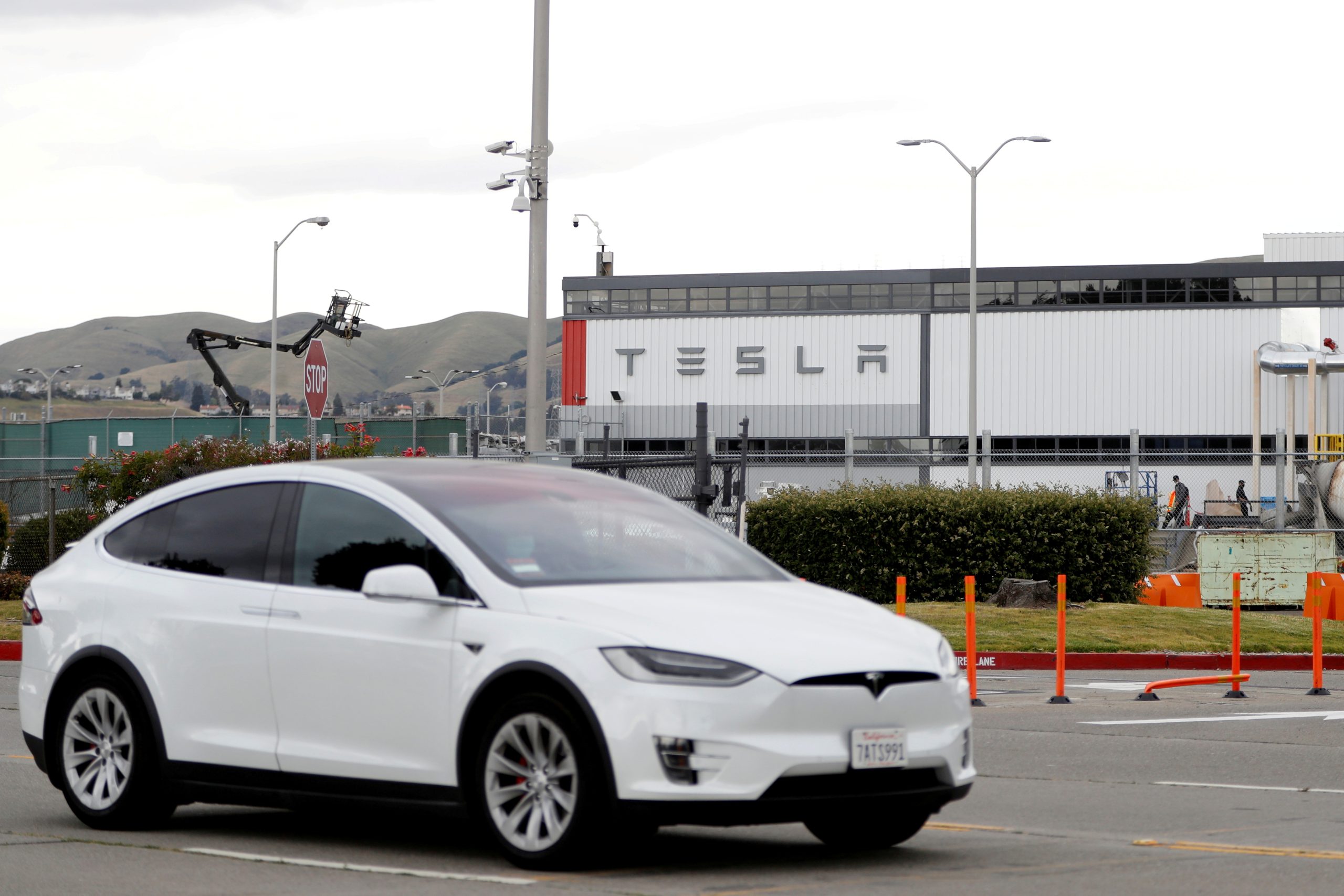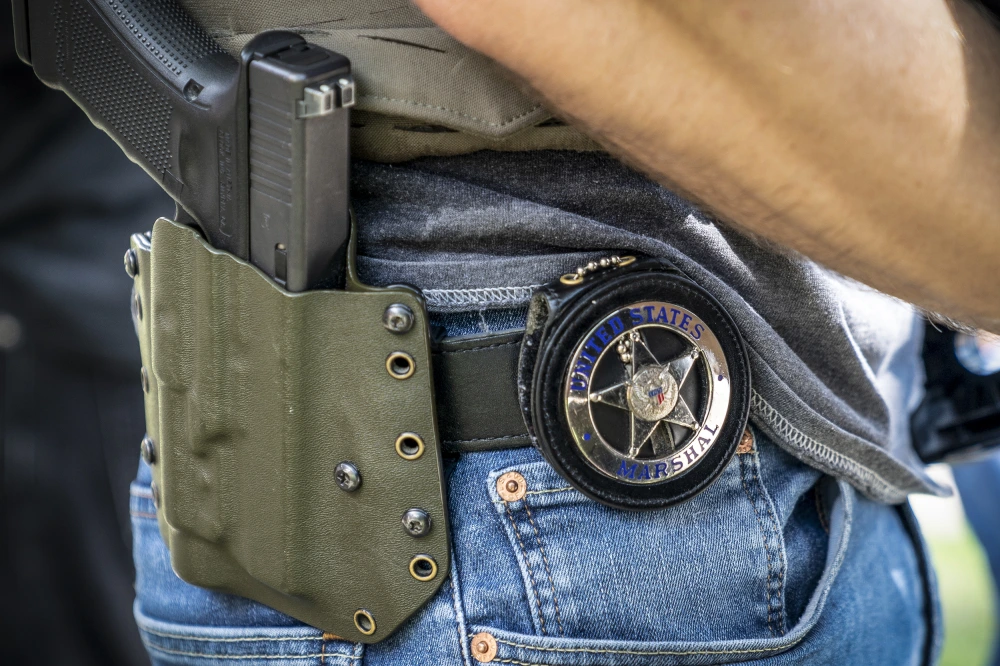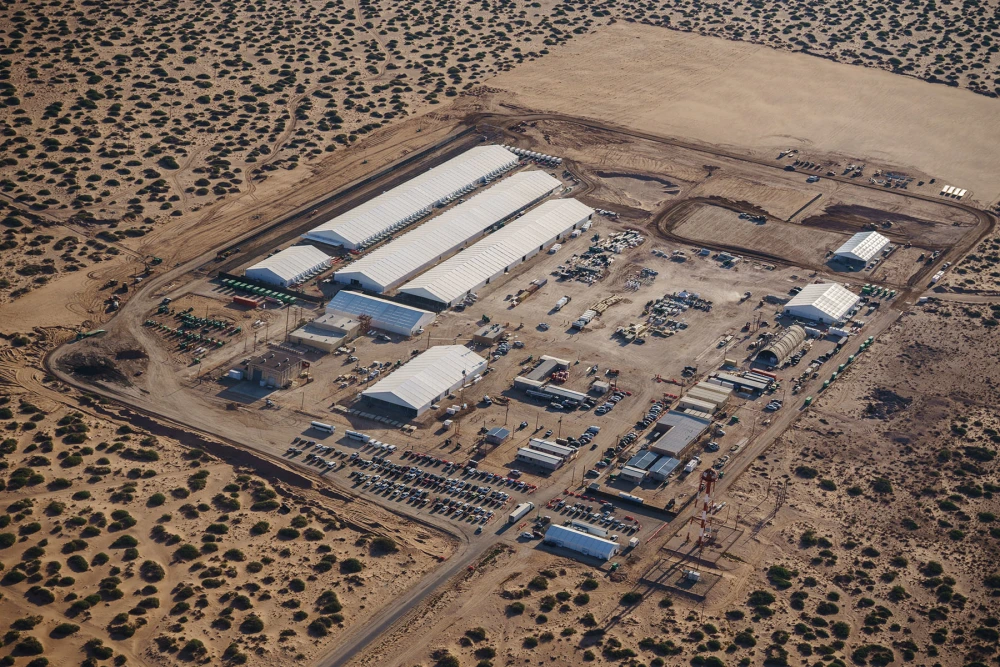Sept 28 (Reuters) – A U.S. civil rights agency sued Tesla Inc (TSLA.O) on Thursday, claiming the electric carmaker has tolerated severe harassment of Black employees at its flagship Fremont, California, assembly plant, in charges similar to cases brought by the state and by Tesla employees.
The U.S. Equal Employment Opportunity Commission (EEOC) said in the lawsuit filed in federal court in California that from 2015 to the present, Black workers at the Tesla plant have routinely been subjected to racist slurs and graffiti, including swastikas and nooses.
Tesla has failed to investigate complaints of racist conduct and has fired or otherwise retaliated against workers who reported harassment, the EEOC said in the lawsuit.
The lawsuit adds federal charges to discrimination claims by the state of California and lawsuits by Tesla employees.
It follows the breakdown of settlement talks with the EEOC after Tesla announced that the agency had formally raised its concerns last year. The EEOC routinely settles lawsuits with employers, and it is relatively rare for the agency’s cases to go to trial.
Tesla faces several other race discrimination lawsuits that make similar claims, including a class action by workers at the Fremont plant and a lawsuit by a California civil rights agency. The company in those cases has said it does not tolerate discrimination and takes workers complaints seriously.
Tesla did not immediately respond to a request for comment.
The company’s stock price rose 2.4% on Thursday to $246.38.
“If the federal government gets involved, it certainly adds credibility to the claims,” said Stephen Diamond, a law professor at Santa Clara University, who noted that he has advised investors on social responsibility at Tesla.
“Major institutional investors like pension funds will be very concerned about this type of behavior,” he said.
The EEOC in the lawsuit said it began investigating Tesla after the five-member commission’s chair, Charlotte Burrows, filed an internal complaint known as a charge against the company.
After finding last year that there was “reasonable cause” to believe Tesla had violated the federal law banning workplace race discrimination, the agency tried and failed to enter into a settlement agreement with the company, according to the lawsuit.
Burrows in a statement said that combating widespread workplace harassment is a key priority for the EEOC.
“Every employee deserves to have their civil rights respected, and no worker should endure the kind of shameful racial bigotry our investigation revealed,” she said.
The EEOC’s lawsuit seeks compensatory and punitive damages for an unspecified number of Black workers, along with an order requiring Tesla to overhaul its policies prohibiting discrimination and retaliation.
Tesla is seeking to fend off similar claims from the California Civil Rights Department, a state-level counterpart of the EEOC. The department alleges that Tesla discriminated against Black workers when making decisions about pay, promotions and work assignments.
The department’s lawsuit alleges violations of California law, while the EEOC case involves similar federal laws.
Tesla has claimed that the California department’s lawsuit was politically motivated and has argued that the agency violated state law by suing without first notifying the company of all of the claims or giving it a chance to settle.
A California judge last year rejected Tesla’s motion to dismiss that case, and is now considering various issues related to pre-trial discovery.
In addition, a Black former elevator operator at the Fremont plant, Owen Diaz, is seeking a third trial in his 2017 lawsuit claiming he was subjected to severe racial harassment after a jury in April awarded him $3.2 million.
A different jury in 2021 had awarded Diaz $137 million, but a federal judge said that was excessive and Diaz opted for a new trial instead of a reduced award of $15 million.
Tesla is also facing a class action lawsuit in California state court over the alleged mistreatment of Black factory workers. About 240 workers have moved to join that lawsuit.




